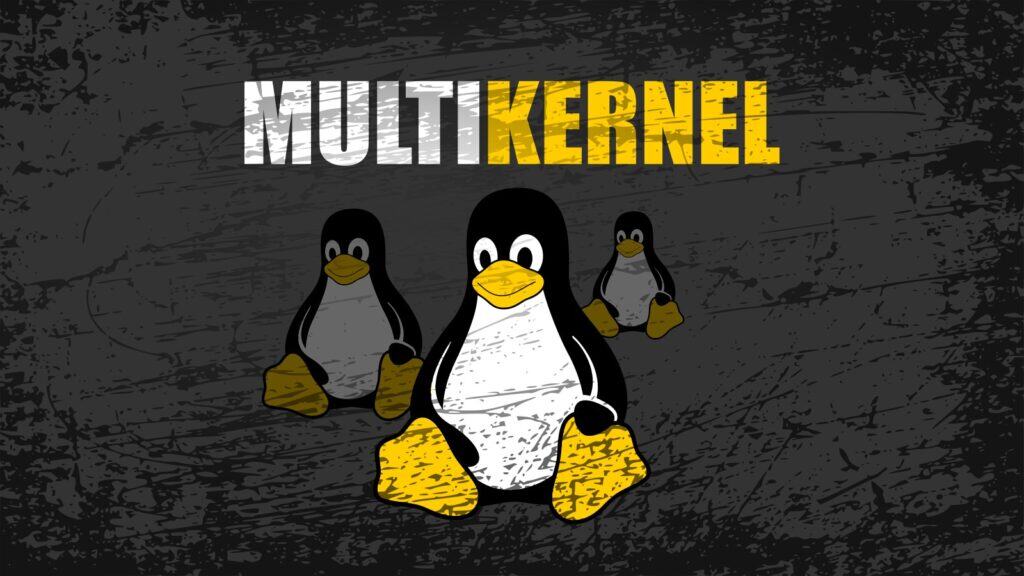Linux has scaled impressively over the years, but its design is still fundamentally tied to a single-kernel view of hardware. However, this is about to change.
The Multikernel project, a new Linux kernel design aimed at scaling across multiple nodes, has officially gone open source. Alongside the public code release, Cong Wang, a software engineer at Google, submitted the first set of patches to the Linux Kernel Mailing List.
Now, let’s shed some more light on what this is actually about. At its core, Multikernel rethinks how Linux handles large-scale systems. Instead of sticking to the traditional monolithic model, it uses a kexec-based approach. Right now, if you want to run two very different kernel versions at the same time, you need to run a VM. Multikernel tries to address this by treating multiple kernels as peers.
With this patch, you can, in practice, boot additional Linux instances on the same machine and link them together. Each instance runs as an isolated kernel but cooperates with the others to share workloads. The idea draws inspiration from earlier projects like Popcorn Linux, which also explored distributed kernel models.
The newly released patches bring in the foundation for this design, including basic infrastructure for managing multiple kernels side by side. According to Wang’s post, the goal is to keep changes as minimal as possible while still enabling a functional multikernel environment.
The announcement on the project’s website also outlines where Multikernel is headed. The team aims to enhance Linux’s adaptability for cloud and hyperscale deployments, where running workloads across clusters of processors—or even multiple machines—requires a different model than a single system image.
Additionally, for developers, this means they can start experimenting with the architecture without rewriting major parts of the kernel. For now, the project is still in its early days. Developers interested in testing or contributing can find the patches on LKML and follow the project’s progress on its GitHub repository.
For more information, see the announcement.
